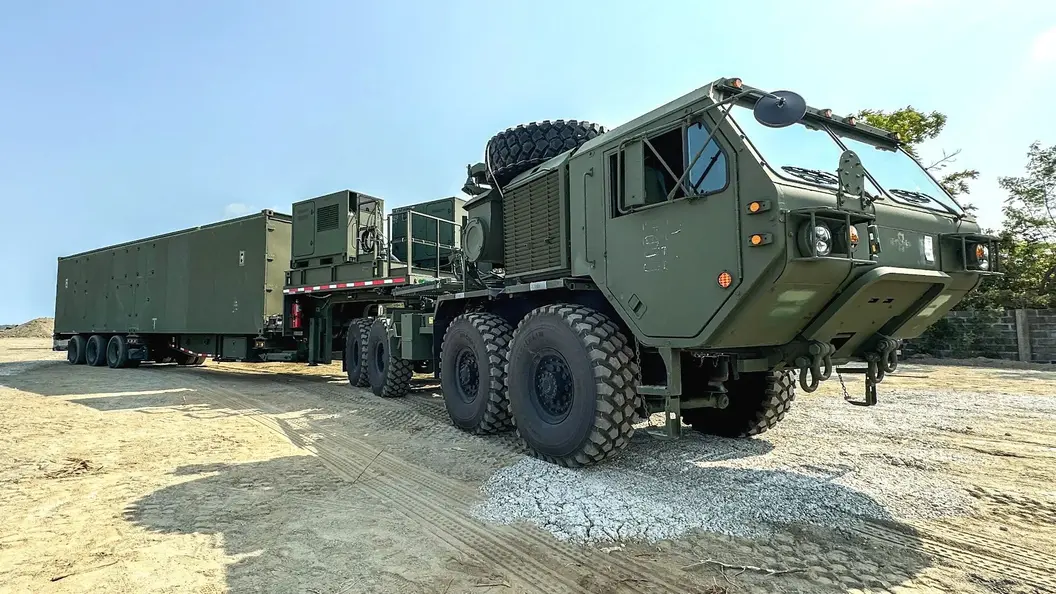The repatriation process faces hurdles as more than 80% of Afghan individuals at transit centers possess some form of identification, complicating verification for authorities, as per Dawn. These Afghans, largely unwilling to return voluntarily, lack a streamlined mechanism to efficiently confirm their documents, which include Afghan Citizenship Cards (ACC), Proof of Registration (PoR) cards, and computerized national identity cards (CNIC). Seeking assistance, authorities have approached the Sindh Home Department, urging directives to prevent individuals with valid documents from being sent to transit centers. The verification delays, exacerbated by cases of minors sent unaccompanied and alleged confiscation of documents by Station House Officers (SHOs), prompted concerns. Authorities stress repatriating only “completely undocumented” and “documented but willing to go” Afghans initially. Karachi Commissioner Mohammad Saleem Rajput calls for collaboration with NADRA, citing difficulties and proposing technical assistance in each district. Challenges with Nadra Dashboard’s functionality, outlined in correspondence, cause delays in evacuating illegal foreigners in Karachi. Rajput urges addressing technical issues and providing skilled staff in each district. Meanwhile, over 180 “illegal” Afghans moved to the Chaman border for repatriation, with directives for enhanced operations and Nadra support, as reported by Dawn.


















